#engine culture
Text
The Destruction of Engine Culture:
Ok, so this is going to be another long, and rambling post. So be warned. And as usual, this is a RWS theory post, so there will be talk of scrap.
That said, let's dive into the destruction of engine culture.
So, I think the first thing to ask is what would be 'engine culture' and how would it affect the railways of Britian (and globally) - and the answer is quite simple: it's the same as human culture. Humans have developed cultures for millennia, and they are often quite similar, and this is hypothesized to be because these cultures had similar things to warn about. Warning about the dangers of flooding, of wild animals, of droughts and fires. Many of the oldest stories are tales told to teach practical lessons. Little Red Riding Hood is as much about stranger danger and the threat wild animals pose as it is a story about a crossdressing wolf. Some scientists believe games like tag and catch were developed by our hunter-gatherer ancestors to teach hand-eye coordination and improve stamina. This is of course very early culture: stories, games and songs passed down from one generation to the next - but that's what we're talking about here. Railways are 220 years old at the oldest possible (and there are surviving engines from this era), so it's an early era of culture for them.
Furthermore, engines would inherit much of their railways' culture, depending on where they are. An engine working in Tsarist Russia would grow up with that culture, whereas an engine in Argentina, or France, or Kenya would grow up with the local cultures. This includes language, music, belief systems and otherwise. So that's the basis of engine culture itself: human culture. Engines learn human language, they sing human songs and they might even take on human beliefs.

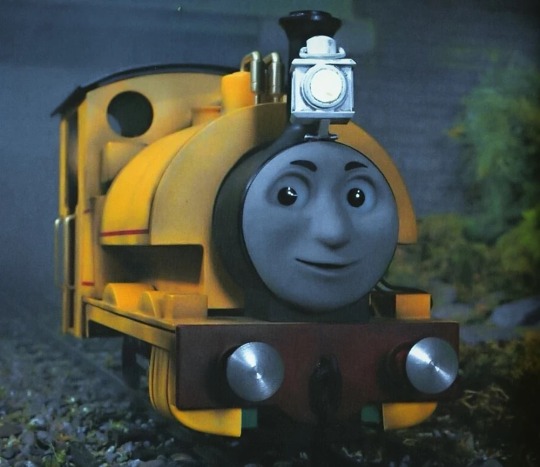
They do, however, have their own beliefs. Lady, for one, with her gold dust and magic, has been used by fanfic authors as an 'engine deity', while Thomas and Friends alluded to Proteus being a deity of some sort, with a magic lamp. These engine 'deities' exist, it seems, as a focal point for engines. Proteus represents the ability to make wishes - something engines really don't have, while Lady represents freedom. She's able to travel great distances on her own, between continents, without needing to pull trains. Does that not sound like the railway version of attaining freedom?
So the engines have 'deities'. I won't call them gods, because that's very likely not what they are, but they are legends told by older engines to younger ones.
The other kind of legends that would really dominate engine culture would be practical moral tales - in the same vein as Little Red Riding Hood being about stranger danger and the threat of wild animals, stories told between engines would be warnings about the trucks, or bad stretches of line, or dangerous weather. But unlike fairy tales, these stories would come from experience. Engine culture is very new, and it's being developed continuously during the Victorian era. Incidents like the Tay Bridge Disaster, or William Huskisson's death, or the Abbots Ripton rail disaster all are quickly turned into stories told by the older engines to teach the new arrivals (of which there are hundreds by the year) about how to run the railway as safely as possible.


The engines also develop games which help them to watch signals, or counter miles, or figure out their location in adverse conditions. These games started as training exercises, but became more fun as young engines made them competitions. They also develop songs of their own, which can tell messages:
"Once an engine when fixed to a train
Was alarmed at a few drops of rain,
So went "puff" from its funnel
Then fled to a tunnel,
And would not come out again."
The message: don't stop in a tunnel.
But the thing is, this post is about the destruction of engine culture, and now that I've explained it, I'm going to explore how it was decimated.
And for that, we start with the Second World War, which saw a complete upheaval of the railways of Britain. The war was especially hard on the railways, and engines were often used around the clock with no rest. This meant that a lot of the newer engines never got to hear these stories before being sent out for weeks at a time, as they never spent any time at a single shed. And even if they were parked up at a shed, everyone was so exhausted they didn't have time to tell tales. And at the end of the war, a lot of the oldest engines were withdrawn, completely worn out. The oldest engines were the ones who told many of the tales, and their loss was the start of a decline.
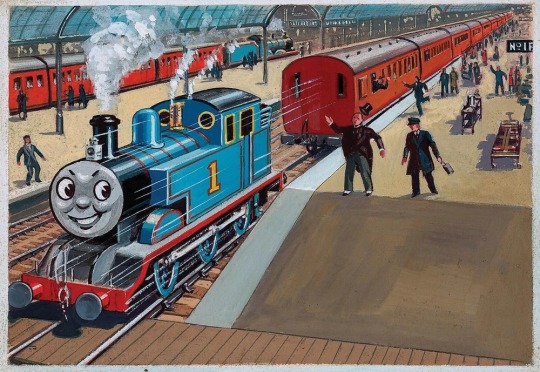

The Railway Series, however, would pick up a lot of the slack from this loss, as many of its earliest stories were in that same moral vein as traditional 'engine culture' stories, focusing on listening to elders, not stopping in tunnels, being patient, gentle with coaches, careful with trucks - it's all there. And I can see that being due to Edward teaching the Reverend many of these stories, in a bid to keep them from vanishing. And he would continue on, joined by other older engines like Skarloey, Rheneas and Toby, as the book series went on. Things like listening to advice and not acting recklessly pop up constantly - especially with Duncan, who Skarloey had to deal with.
It all gets worse when British Railways forms though. And this is where the 'railway rulebook', the attitudes of diesels and the doctrine of BR all come in to play. As the doctrine and official rulebook of British Railways portrays steam engines as inferior, weaker engines, the diesels are indoctrinated into believing it - and thus, they refuse to listen. Take Diesel for example, who believes that diesels can just arrive at a yard and 'improve it'. He is immediately foiled by some jammed breaks - something he may have learnt about from a story or a tale from a steam engine. But he never stopped to listen. And it's the same across the country, across the world in fact. As the successful diesel classes prove themselves to their managers, they are rolled out and steam engines are withdrawn - and with that, so is the culture they were the keepers of.

But this isn't quite the end of this 'engine culture' yet, because one group willing to listen to the steam engines are the 'failures'. Engines like BoCo and Derek would be very willing to listen to the engines that have tales that may just help them. Stories like how to best use sand in a storm, or how to conserve energy over the Settle-Carlisle route. And so even as steam dies, these 'failures' hold their culture, and try their best to preserve it, alongside the preserved engines. The Railway Series does too, such as in 'Stepney the Bluebell Engine', where sanding is explicitly mentioned. Another group that take in this engine culture is the GWR diesel-hydraulics, who grew up with GWR ideology, and thus would have been more willing to listen to their steam ancestors.
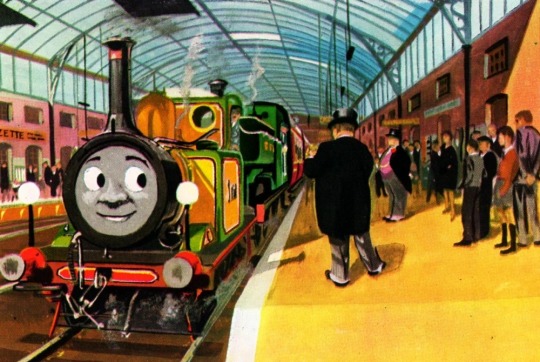
But these 'non-standard' engines were also quickly wiped out. And this leaves only a few pockets of engines who remember the old stories: the preserved engines, and the few Gen-1 diesels who did listen. By the end of the working lives of the Class 40s, the Deltics and the 'Peaks', they are the last engines who remember the old stories from the steam era working on British Railways, and when they are scrapped, the next generation grows up relearning everything.
Because the fact is that these stories held a major purpose, and the destruction of that culture means that every mistake every warned against is suddenly being made again, and again, and again. We notice this in the Railway Series, where Diesel, and Class 40, and D199 and even Bear all make very elementary mistakes that would have been warned against in these cultural stories - like taking care around trucks or looking out for the wind. And it only gets worse as this first generation are scrapped. Engines scramble to a standstill on leaves again, engines get trapped in floods, or lost in storms, or run through signals - and it's because the games, the songs, the stories, everything that would have prevented these accidents is lost.
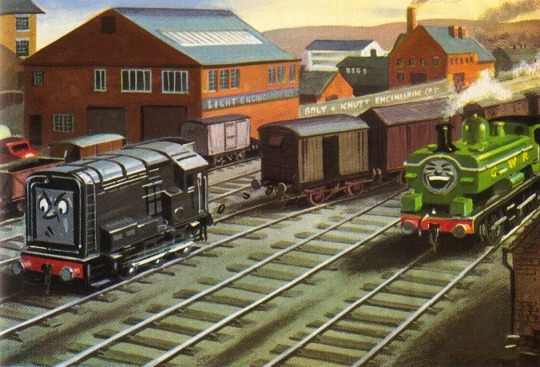
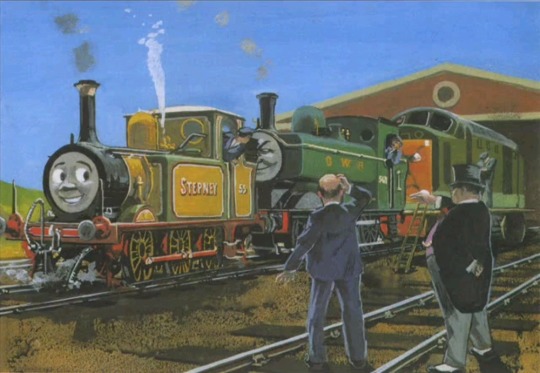
It's not until these diesels reach preservation that they hear the stories remembered by the steam engines, and that's when they realise that... hey, maybe the ancestors were right after all.
The saddest part is that it's not only a global thing, but that it's still very much a problem on modern railways. The loss of 'engine culture' between the 1950s and the 1980s would have a domino effect that would still impact modern railways, as the even newer electric engines and multiple units face the same issues but with no prior knowledge.
The pictures in this post are not mine.
#fanfiction writer#thomas the tank engine#weirdowithaquill#railways#railway series#the railway series#ao3 stuff#very long post#long reads#british rail#british railways#engine culture#ttte lady#ttte proteus#ttte diesel#ttte class 40#ttte stepney#ttte analysis
109 notes
·
View notes
Note
Hello again! Another interesting question, do you think any of the engines would be knowledgeable about the culture they came from? If so, how much? I love the idea that, for example, Donald and Douglas being familar with some Scottish folklore, as well as knowing how to speak Gaelic, or Rheneas and Skarloey knowing some Sudric tales of and words of old.
It's a fun idea to think about, isn't it? What do you think?
Hmm. That is an interesting question!
I think it depends on how much engine cultures and human cultures interact and overlap. Every railway seems to have a unique approach, constructing diverse cultural ideas and instilling them into their engines. But a constant in them all seems to be one thing: work.
Focus on your work. Be useful. Keep the wheels of industry turning.
In that laser-focused construction, especially in the 19th and early 20th century, I think there’s limited room by design to keep locomotive cultures from being too “distracted” by human cultures. Railways don’t want their engines to get too uppity, too self-determinist, too empathetic towards their human coworkers who have their unions, strikes, etc.
But as much as railways try, I don’t think they can 100% eliminate that cultural interaction. Engines and people work together eight hours five days a week, for years on end at least. Preventing exposure to other cultures is impossible.
And if culture is a construction, what’s to say you can’t rearrange the girders holding up your roof? Culture is malleable. It’s whatever you make of it.
I believe engines make their own decisions about the cultures in which they participate and in turn remake through those decisions.
With all that aforementioned exposure to human cultures — particularly with exposure during their formative years — I can see engines actively learning more about and identifying with them where they can. The extent to which they learn depends on the willingness of people to share their cultures with them.
It’s interesting that you mention Sudric and Scottish cultures, because both have to deal with British imperialism. I can see Donald, Douglas, Rheneas, and Skarloey’s crews teaching them folklore and languages, explaining that it’s very important. It needs to endure and live on. And I think all these engines would agree, being happy to participate and share what they learn with others.
That’s just my opinion, though. I’d love to hear what other folks have to say on the subject! I think there’s a lot of ways you can approach it.
#ttte#rws#ttte headcanon#rws headcanon#from the inbox :)#my headcanons#to be clear: just because our cultures are constructed doesn’t make them “artificial” or “fake”#we build them and we live them every day#some of that construction comes from the top down and some of it comes from the bottom up#it’s a construction and that makes it no less real or powerful#what matters is being mindful of where cultural ideas come from and how we participate in them#and what their effects are#engine culture#ttte engine culture#railway culture#sentient trains#ttte donald#ttte douglas#ttte rheneas#ttte skarloey
16 notes
·
View notes
Text
I've seen a few posts from people who think Henry was being shitty to Gorgug or setting Gorgug up to fail by allowing him to do 3 years of the artificer track at once. But I have a lot of experience in STEM, and I think Henry was being incredibly kind in a very engineering-coded way.
I did an undergrad degree in engineering and have been in STEM spaces for more than 10 years. And the STEM way of being an asshole is much more like what Porter did. So many people who don't look like they fit the stereotype of who belongs in STEM have been explicitly told to leave. Like, I was at a conference last year where a presenter asked all the people in the room who had been told to change their major to raise their hands. And there were lots of us with raised hands. (This was in a diversity equity and inclusion session, so a lot of non-traditional looking people for engineering.) If Henry wanted to be an asshole he would tell Gorgug to leave, or that the curriculum was "rigorous" and half-orcs can't usually hack it, etc. But he didn't!
Henry did the classic STEM thing of laying out all of the options, even the ones that aren't desirable. Since Porter won't sign the MCAT, the reasonable options are all gone. Henry mentioned that Gorgug doesn't need to be in school for artificing to be an artificer ("If artificing is something that brings you joy and brings happiness to your life, you don't need school. You can do that on your own.") Which is NOT something that STEM people do. I've never heard an engineering professor say that someone who does STEM stuff as a hobby can call themselves engineers. Henry is being absurdly kind by saying this.
When Gorgug says that he wants to do artificing in school, Henry gives the option to do all three years of school at once. [Note that Henry did not suggest this at first. Henry didn't offer it until Gorgug basically asked for a loophole.] This reminds me so much of all the STEM people who know a system really well and give you advice on how to navigate it. They note that their path isn't what the system was designed to do, but if you really want to do it you could do it this way. Which is exactly what Henry does. This also gives Gorgug the agency to decide for himself.
Henry also goes out of his way to say that the people who work hard are the ones he would bet on. This is also so nice as a STEM person! I can't tell you the number of professors I had who said that a specific problem shouldn't take long, or "if you're efficient you should be fine." I also had a professor who said some people can code and some people can't, and he didn't know how to help the people who don't have a natural aptitude for coding. Henry saying he thinks Gorgug can achieve this through hard work is super enlightened for a STEM instructor.
tl;dr Henry is incredibly enlightened for a STEM instructor. He tells Gorgug that Gorgug can still be an artificer without formal schooling, and then when Gorgug expresses a desire for the formal education he tells Gorgug the path. If Henry does a heel turn I will be emotionally devastated lol
#brennan please no henry heel turn i need this#yes i know his last name is hopclap IT COULD BE FINE#maybe henry has a bad relationship with reuben#dimension 20#d20#fantasy high#fantasy high junior year#fhjy#gorgug thistlespring#henry hopclap#porter cliffbreaker#fhjy spoilers#fantasy high junior year spoilers#STEM#STEM culture#engineering#engineering culture#fantasy high meta
921 notes
·
View notes
Text
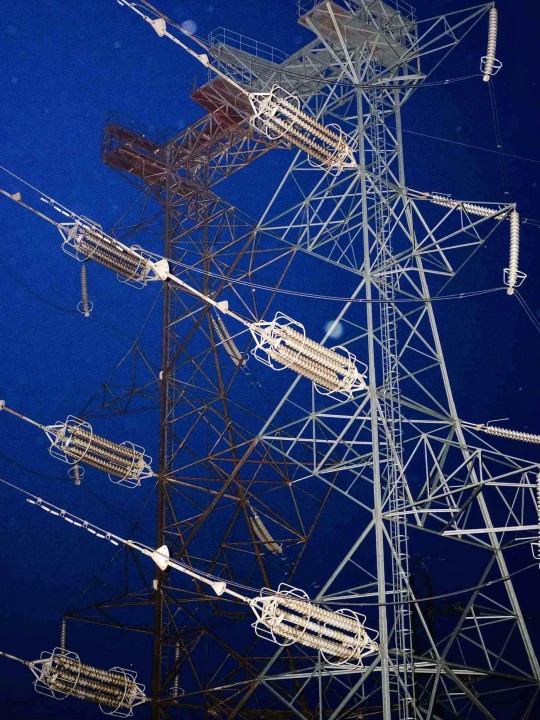
#photography#dimitri djuric#art#2020s#energy#power#culture#electric#infrastructure#photos#aesthetic#night#electrical grid#engineering#technology#light#science#electricity#power grid#communication#⚡ ⚡ ⚡
2K notes
·
View notes
Text

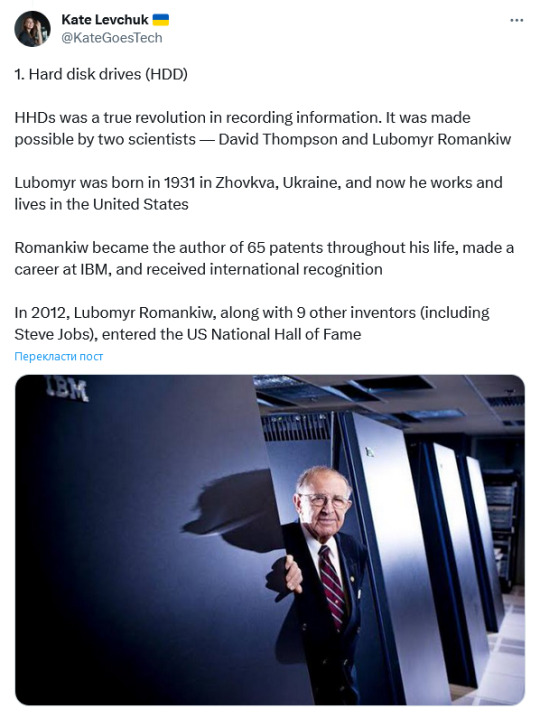


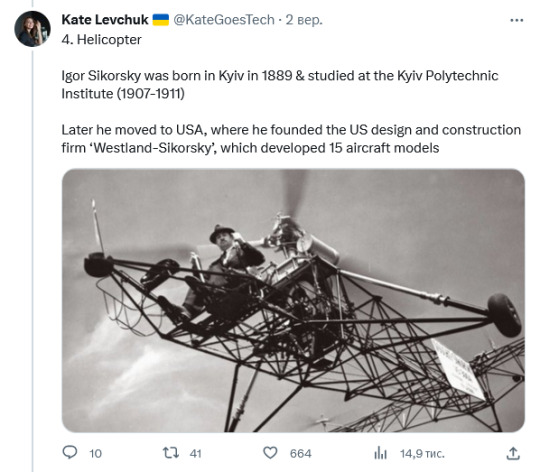





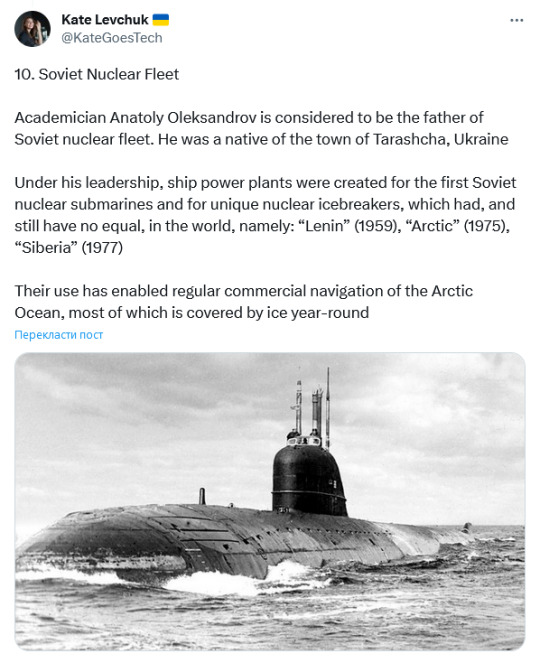

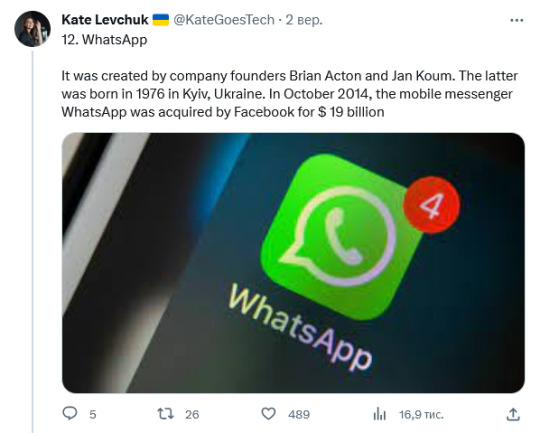
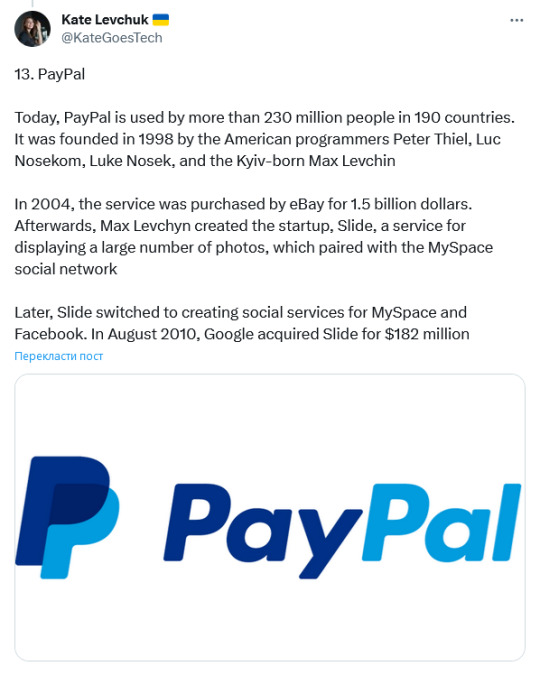
608 notes
·
View notes
Text
societies that demonize children and child bearing when their population starts its dramatic decline and women still refuse to have children: 😮
#I'm not saying that people need to be forced to have children#but sometimes social engineering works#if you do bristle at the idea of having children#that repulsion did not emerge in a vacuum and isn't any more natural than the people you think were brainwashed to want them#there's this idea that heterosexual norms need to be constantly enforced because they're unnatural (?) or not the default or something#and it's not clear to me if the idea is that you can abolish heteronormativity to return people to their natural inclinations#or if the idea is that as heteronormativity is engineered so also you can engineer whatever you like#either way#one of the implications has been that having children is slavery and not having children is freedom#and so if you think that#as the heterosexual values were culturally pushed#so also your hatred of children is a cultural expression#your beliefs are not insulated from your society or your surroundings
218 notes
·
View notes
Text
If you provide no incentive to Do the Thing, then very often people just won't Do the Thing.
If you provide an incentive to Do the Thing, then very often people will Do the Thing just because they want the incentive, and they'll do it in the most mercenary and antisocial way possible.
These are both, potentially, huge problems. These are both looming failure states.
(It gets super mega obvious with parenting, right? We have a ton of kids who need people to raise them -- orphans, children of abusive families, etc. This need, when it arises, is a desperate need. Having someone not show up to meet it is really really really bad. And parenting clearly isn't something that you can just make people do coercively, not if you want good results, so you need volunteers. But: if you hear the words "this person is raising kids for the money," the scenario that comes to mind is also really really really bad.)
A lot of high-level policy engineering must consist of wrestling with this nightmare dilemma, making judgments about the least-bad place on a spectrum of awfulness, and tinkering with the incentive structure accordingly.
A lot of high-level social engineering, in the ideal case, consists of finding ways to change culture and values so that you can transcend the dilemma, by inducing people to Do the Thing through methods other than direct incentives. (Or, alternatively, by reallocating a rare and precious resource -- The Right People -- to the problem of Thing-Doing. But a lot of folks are allergic to that kind of thinking these days.)
A lot of really dumb discourse consists of people understanding one of the maxims above but not the other one.
167 notes
·
View notes
Text
Happy wombat day!!


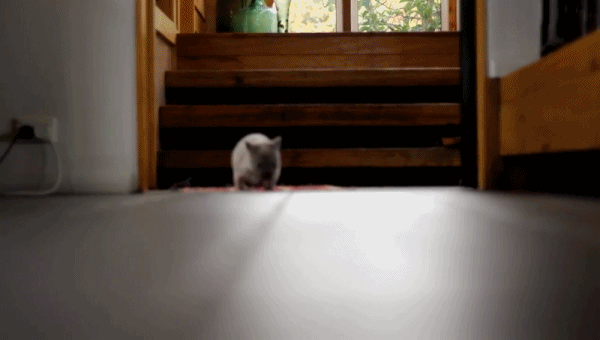
#I didn't even know this was a thing until my little search engine thing informed me#and this feels personal ✨#I feel like a cultural ambassador for wombat-kind 🫡
203 notes
·
View notes
Text
On Cringe Culture, Kids' Shows, and Elitism
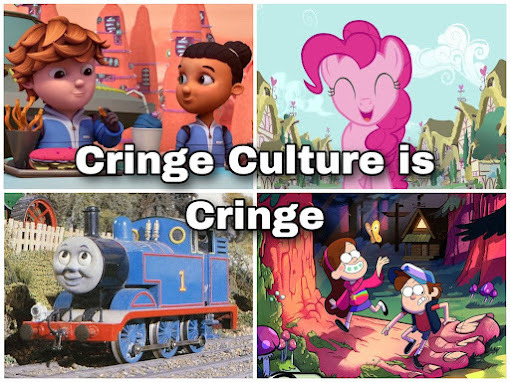
i'M nOt rEaDiNg aLl tHaT" Ok, scroll down for the TL:DR. (Also on SpaceHey and Blogspot)
The now ex-CEO of Disney, Bob Chapek, has stated the animation is only for children. Never mind that this is the same company that owns The Simpsons, and was founded by a guy who said, and I quote "You're dead if you aim only for kids. Adults are only kids grown up, anyway."
Naturally, this has caused universal backlash within the animation community, with many people defending animation as a medium for everyone, not just kids. However, the animation community was also mocked by outsiders for using kids' shows, such as Gravity Falls, to prove that animation is for everyone. In fact, the animation community (more specifically the western animation community) has always been cruelly harassed by outsiders for watching cartoons, especially ones aimed at children.
There is nothing wrong with watching children's shows AT ALL. Watching kids' shows doesn't make you immature, a pedophile, or whatever bullshit that outsiders want to spew. Remember the Walt Disney quote above; many kids' shows are designed to be appealing to multiple audiences, including adults. Kids' shows with adult appeal (or ones that don't annoy the living daylights out of parents, or are legitimately good for kids) are more likely to be praised and recommended by said parents than, say, Cocomelon.
However, because of the stigma attached to kids' shows, many animation fans feel the need to hate on/ignore slice-of-life or comedy cartoons, while only praising plot-driven or "dark" ones like Gravity Falls, The Owl House, and Avatar, and say that they are "not for kids." Again, there is NOTHING wrong with liking kids' shows (these shows do feel more YA-ish though, but that's another subject for another blog). All three of these shows are very high quality, and you don't need to justify your enjoyment of them to outsiders. The constant prioritization of dramatic cartoons over lighthearted ones in the cartoon fandom creates a sense of snobby elitism, and leads to...
...fans of lighthearted shows like Big City Greens and My Little Pony: Friendship is Magic being bullied for liking said shows because they are "childish." Which, in turn, leads to fans of lighthearted kids' shows trying to make their shows seem dark in order to make the elitists like them. Back in the day, many bronies made dark fan works based on MLP such as "Cupcakes," "Smile HD," and "Rainbow Factory" and put them out in public with no age restriction, resulting in a bunch of traumatized children. The bronies also acted like they were the target audience and not children.
Apart from the bronies' fan works, MLP also suffered from exaggerated darkness on TV Tropes subpages. Speaking of TV Tropes, there was a very infamous incident regarding the kids' show "Ready Jet Go!" Aside from the stigma surrounding general kids' programs, you also have the stigma attached to preschool shows that they are dumb and for babies (never mind that babies/infants are too young to watch TV, and if they watch it before they turn 2, it would really hurt their brain. Look up the Baby Einstein controversy for more info), especially with GoAnimate users making it hip to hate on Dora and Barney. Not every preschool/elementary show is the same as Cocomelon. There are many high-quality programs for the little ones such as Arthur, Cyberchase, Sesame Street, Bluey, Mister Rogers, VeggieTales, Oswald, Blue's Clues, LazyTown, Bear in the Big Blue House, and WordGirl. Can you really blame fans for liking them when they’re just so good?
With all this in mind, someone once made a Nightmare Fuel page for Ready Jet Go on TV Tropes in order to make it more popular, because the user felt alone in liking the show and it was a big comfort for them. They also cited the snobbery of the cartoon community as a reason for their making the page on the Nightmare Fuel cleanup thread. The page was eventually deleted because it was mocked cruelly by 4chan. It didn't make the show more popular, it gave it a bad reputation.
The user shouldn't have to had made that stupid page with examples exaggerating the show's supposed scariness. If it weren't for the cartoon community being a bunch of elitists, as well as the kids/preschool show stigma, this wouldn't have happened. The sad part is, even though the page is long gone, the page STILL gets brought up by RJG haters to mock the show, its' fans, and TV Tropes for "pissing their pants over Ready Jet Go" which is beating a dead horse at this point. Seriously, make like Elsa and LET IT GO. Please stop bringing it up, and if you’re reading this blog, please don’t look it up. Please have sympathy for Ready Jet Go fans. We’re actually a very nice fandom.
The 4chan bullying also ties into cringe culture. On sites such as DeviantArt, Instagram, Twitter, YouTube, Reddit, and 4chan, many people are considered "cringe" and cyberbullied for "crimes" like making a colorful character or watching cartoons. The cyberbullies in question are just a bunch of pathetic lowlives who bully people for being happy, because they think that bullying happy people will make them feel better about their disgusting selves.
As noted here, cringe culture affects autistic people the most. Autistic people tend to get really passionate about their favorite things, or "special interests," and like to talk about them all the time and make their own characters. But according to some unwritten rule of society, your OCs have to be as deep as Shakespeare, and you're not allowed to like 'childish' things even a little bit. (I think it's worth mentioning that the Nightmare Fuel person was autistic themselves). Many proponents of cringe culture participate in concern trolling, acting like they don't want so-called "cringe" people to be bullied and want them to be good artists/writers. Cringe culture doesn't make people become better creators, it makes them become boring creators and repressing their true passions.
Every autistic person is different, which is why it's called the autism spectrum. However, it is true that a lot of autistic people enjoy children's media, likely because of how calming and simple they tend to be. For example, Thomas the Tank Engine is very popular with autistics because the engines' emotions are easy to tell, and the show has a chill atmosphere (by the way, the Thomas fandom is a frequent victim of cringe culture). Plus, it legitimately has Tolkien-level lore dating back to the 1940s. I'm not even kidding, look up "The Island of Sodor: Its People, History and Railways." It always pisses me off when outsiders act surprised that "tHOmAs tHe tRaIn hAs A fAnDoM?!?1!" It's based on a book series that's existed since 1945, of fucking course it has a fandom, dumbass.
TL;DR - 'Animation is for everyone' and 'it's okay to like kids' cartoons/lighthearted cartoons' are statements that can and should co-exist. Also, autistic people can like whatever they want and those who harass them are the scum of the earth.
#long post#important#cringe culture#autism#autistic#actuallyautistic#cartoons#animation#Disney#elitism#avatar the last airbender#Gravity falls#mlp#my little pony#ttte#Thomas the tank engine#Thomas and friends#ready jet go#pbs kids#tv tropes#atla#my animation essays
765 notes
·
View notes
Text

1913 Cretors Popcorn Wagon Steam Engine
Marks: 1913 Cretors popcorn steam engine 1/2 scale, R. Frederick-model engine, Quakertown, Pa. If you are going to have a popcorn wagon of course you need an engine.
23-1/2 x 14-3/4 x 10 inches (59.7 x 37.5 x 25.4 cm)
147 notes
·
View notes
Text
🎶 Embark on a musical journey through Ukraine's vibrant soundscape! 🇺🇦 From pulsating electronic beats, to soul-stirring melodies, Ukrainian music is an eclectic blend that resonates with audiences worldwide. 🌍 Here are six modern Ukrainian musicians who deserve a prime spot on your playlist. Scroll through pictures 👉
Immerse yourself in the diverse sounds of Ukraine and let these talented artists transport you to a world of musical brilliance!🎶✨



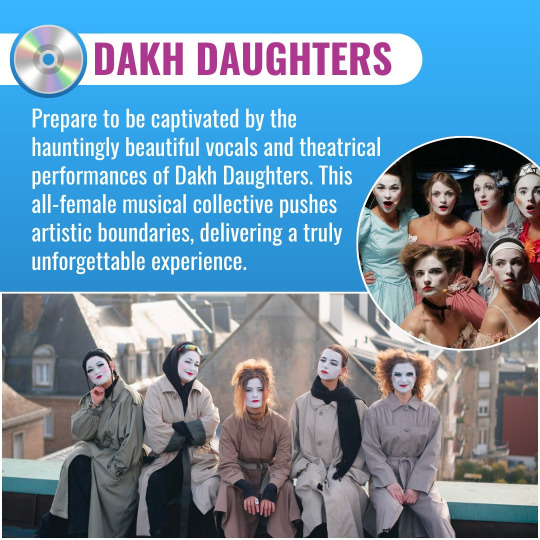

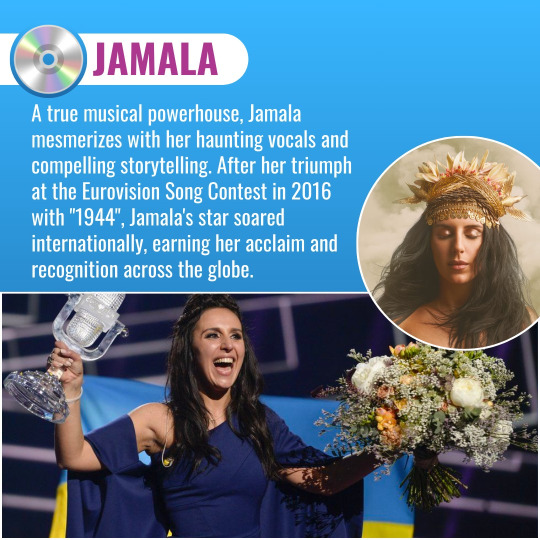

#engin#engin program#ukraine#ukraine war#volunteer#volunteer opportunities#eastern europe#ukranian#україна#russo ukrainian war#europe#eurovision#music#music recs#song recs#ukrainian culture#ukrainian music#folk music
45 notes
·
View notes
Text
Had a really long talk with my roommate about this & we came to opposite conclusions. What do you guys think?
#polls#college au#mdzs#wei wuxian#lan wangji#wwx#lwj#wangxian#this is for research purposes#normally I hate writing aus but the idea crept into my mind and would not leave me#I think wwx is an engineer. lwj screams humanities#dude would probably minor in philosophy and major in ancient history or comparative literature or linguistics#lwj is school of letters and sciences for sure#wwx compsci maybe? materials engineering? leaning more compsci but tbh I could see any engineering for him except for biomedical#I think wwx would live in the makerspace#she says wwx is pre-law polisci and lwj is compsci#she says lwj is the humanities kid —> stem major pipeline#like us lmao#probably did really well in English in hs but Asian parents/cultural influence promoted the stem degree#we agreed that Jiang Cheng is business econ though
84 notes
·
View notes
Text
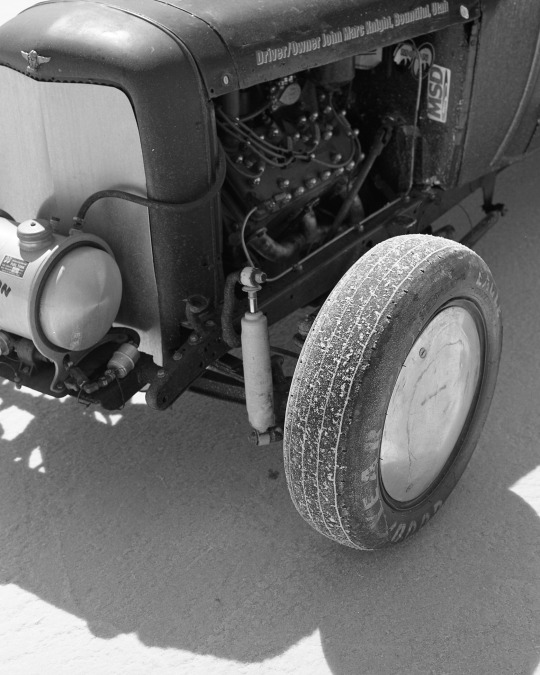
Nine Miles of Salt
Lines of Salt series
Hasselblad 500c/m
Kodak Tmax 400iso
#Nine Miles of Salt#bonneville salt flats#salt#world of speed#speed week#Lines of Salt#photo#photography#vintage car#car#car culture#race#race car#film#film photography#photographers on tumblr#original photographers#photographerslife#film is not dead#hasselblad#americana#america#engine#kodak
29 notes
·
View notes
Note
Objectum culture is realizing that you only have one fictional crush in the sonic franchise and it's the sentient train
.
#objectum#actually objectum#objectum culture#objectum culture is#forgive me but#thomas the tank engine energy
25 notes
·
View notes
Text

Margaret Bourke-White Fort Peck Dam, Montana. 1936.
#1930s#abstract#architecture#engineering#science#industry#margaret bourke white#photos#art#black and white photography#b&w#photography#construction#retro#women artists#technology#history#montana#concrete#culture#📸
45 notes
·
View notes
Note
Random Concept: Terry Silver with a TikTok-obsessed Beloved
It would be cute if beloved wanted to film cute couple moments with Terry.
Spicier with Terry during the Halloween season because of all the Ghostface masks trending.
I can imagine Gen Z beloved doing something like the Gothic Baby account if they have a kids with Terry.
Like, I do think Terry Silver, in his old age majorly keeps up with trends.
He always has.
He always had his finger on the pulse of the 'brand new thing'.
More so than young people, undoubtedly --- he's a businessman, after all.
He's too clever not to keep up. That's how he can blend in so perfectly and adapt if need be, being chameleonic in nature, changing and transforming with the times. It's how he can manipulate perceptions and cultural norms --- by being in touch with things around him, sure, like the advent of social media. The Online sphere. Being Vegan for a while, because that's a la mode and acceptable in a more Liberal, upper crust crowd in Los Angeles --- it's admirable, even. A societal badge that says one's a conscientious, good person (And Terry Silver's just that? Right?) when that wouldn't have been the case in the past. Thirty years ago it was perhaps the discourse between nuclear and fossil fuels or green new energy that mattered, and today, it's all about Tik Tok. It's Twitter. Or X, rather. And what's trending on there --- the type of stuff that can make or break one's reputation because someone said something stupid or cancel-worthy two decades ago. Heck, even the branding of social media itself changes, having one name and taking on another practically overnight! The world moves fast and Terry Silver moves with it. But, in spite of him been keenly aware what's what and what it means, I envision his Online presence is incredibly scarce and unbelievably curated on purpose and what information can be found on him on the Internet has been fine combed and is continuously fine combed so really, not only can you not find anything too controversial about him on there (maybe just the right amount of controversial, tactically speaking; acceptable controversies, as to not make him seem too inhumanly saintly and by extension, unrealistic, too suspicious and fake) --- you can't even really find anything much of anything in general except what Terry deliberately and specifically wants on there. Man's incredibly private all while putting up a facade that he's an open book --- which, don't be fooled, he's anything but.
What I mean to say with this is that Terry Silver undoubtedly wouldn't be on Twitter, for example, posting his actual, real opinions about...anything. He's smart like that.
So, any beloved of his? Gen Z or otherwise?
Chances are, they wouldn't be chronically Online either.
They wouldn't be on Tik Tok, plastering videos of themselves, their family or Terry Silver himself for the world to see consistently, because the thought of thousands of people (Voyeurs, the way an already voyeuristic Terry would see it) tuning in to see and watch his beloved --- random punks commenting on them, expressing their opinions willy-nilly, judge, complementing them, leering, passing, bookmarking, downloading and sharing said clips around unstoppably, without any monitoring as to how they could use and abuse such material...legitimately forever --- well, it presses the button of someone fiercely territorial, jealous, possessive, protective and control oriented like Terry. He doesn't like it. He doesn't allow it. He thinks it's bullshit. He would take advantage of someone's else's uploads Online for sure, if push ever came to shove, so maybe it is a bit of projection on his behalf, that somehow, someone, somewhere, would do the same to him and someone who belongs to him to weaken him or retaliate against him, so to take precaution against it, beloved's presence Online becomes, possibly, even scarcer than his, because they're the most precious thing he has and when something or someone's precious or valuable, they're tucked away. Hidden, in ways. Plus side to this, though --- I can envision Terry Silver, like a man who was young in the 70's and 80's being big on home videos instead. Private collections for his private viewing pleasure and usage only. Cute couple moments galore are permissible --- everything is permissible, in fact --- but these recordings, lets call them, belong and remain explicitly in Terry Silver's private care, because he's a man who doesn't wear his heart on his sleeve and tends to strategically tuck away everything that ever mattered to him. Everything that makes him vulnerable. Everything that can compromise or damage him. Most of everything he really is from the public. Includes beloved. Whatever children he might or might not have with them.
If someone was somehow skillful enough to discover their names and Google them, chances are, nothing specific comes up in their search results. Not anywhere.
That's deliberate.
#would be hilarious if someone tried to look up terry silver's beloved and several of his ex conquests come up instead#you know...as a way to distract and kill the trail from the one he really loves being in the search engine's spotlight#terry silver#kk3#cobra kai#the internet#technology#social media#tik tok#gen z culture#tw; generational gap#terry silver x reader#terry silver x beloved#halloween
29 notes
·
View notes